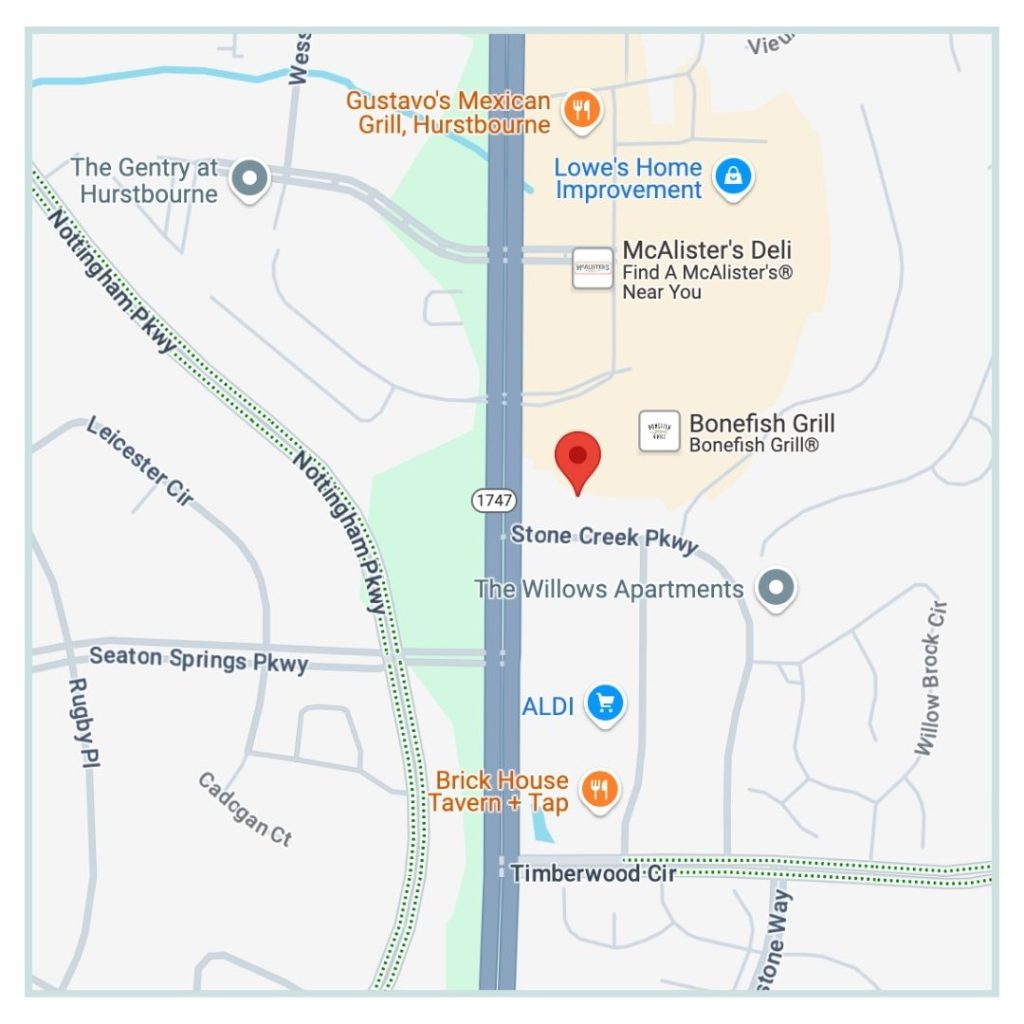Planning for the future is an important part of living. For young adults, planning can include evaluating investments and careers to ensure that eventually retirement is possible. For families in the midst of their lives, saving for college and buying homes may be priorities. But planning should not stop once a person reaches the elder years. Life care planning is an important part of protecting comfortable futures for Kentucky residents.
Life care planning is a broad concept that cannot be fully explored in a single post. Individuals who want to learn more about it and its advantages should contact their trusted elder law attorneys. This post offers no advice or counsel on legal matters.
The basics of life care planning
Life care planning is planning for all the issues that may come up as a person gets older. It can involve planning for what, if any, life-saving treatments a person may want when they are at the end of their life. It may involve how and to whom items of property should be distributed when a person has passed away. It can include discussions of when and to where a person should move when they are no longer capable of independently caring for their own needs.
Life care planning is estate planning, medical care planning, financial planning, housing planning, and a host of other planning topics considered collectively and for the benefit of an individual. It is intended to smooth the transition into a person’s elder years to minimize stress and fear.
How to start life care planning
Life care planning can seem overwhelming. There are so many considerations that families must make that it may be hard to even know where to start. One of the most useful ways that families can serve their and their loved ones’ needs is to consult with elder law attorneys who offer life care planning services. Legal professionals understand local and state laws that may impact how individuals can prepare for elder year issues and can offer guidance and compassion to those with questions.



